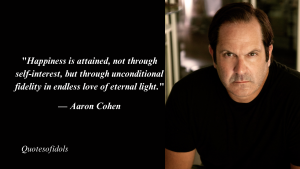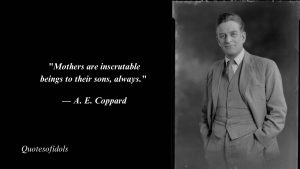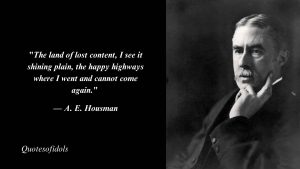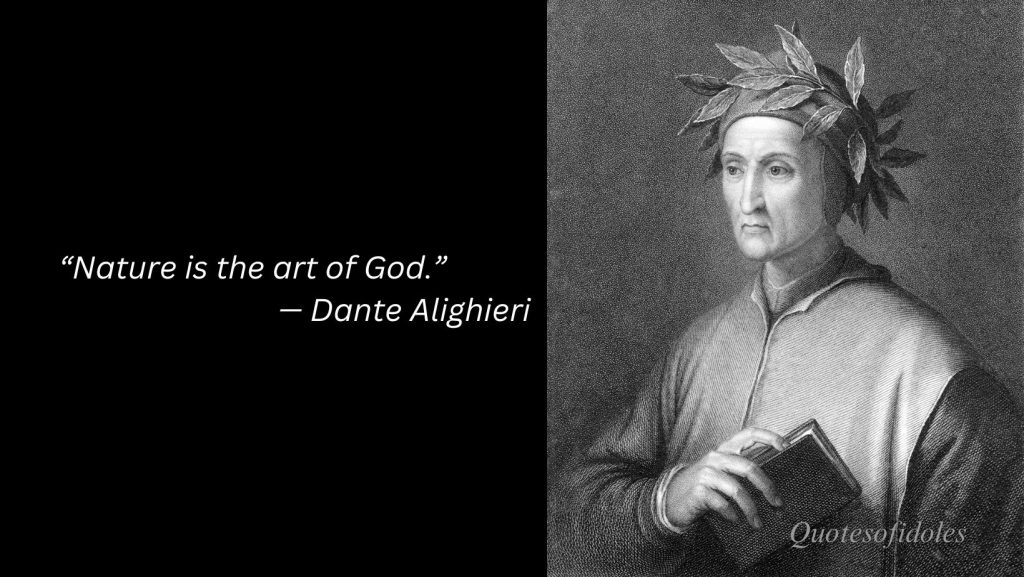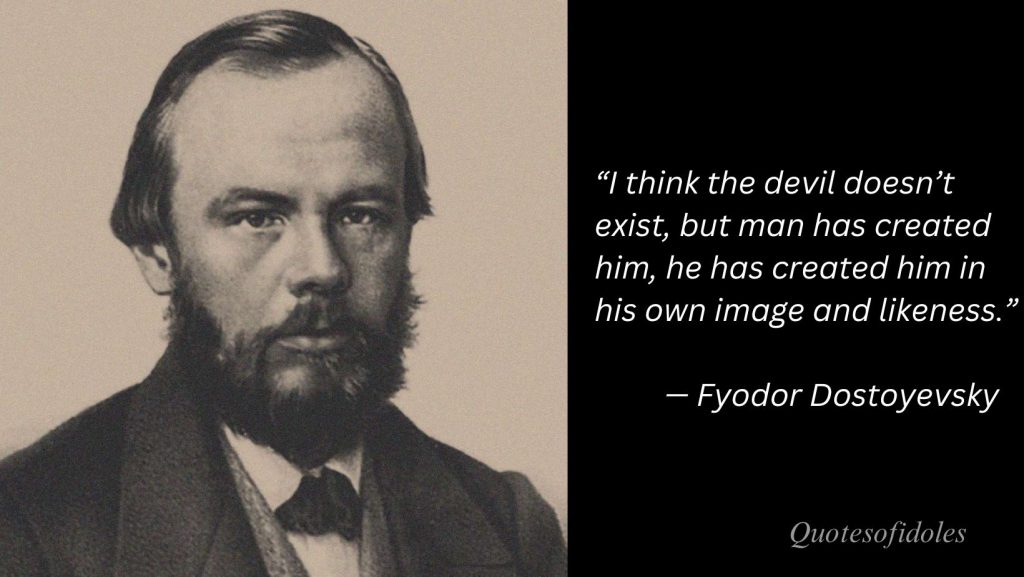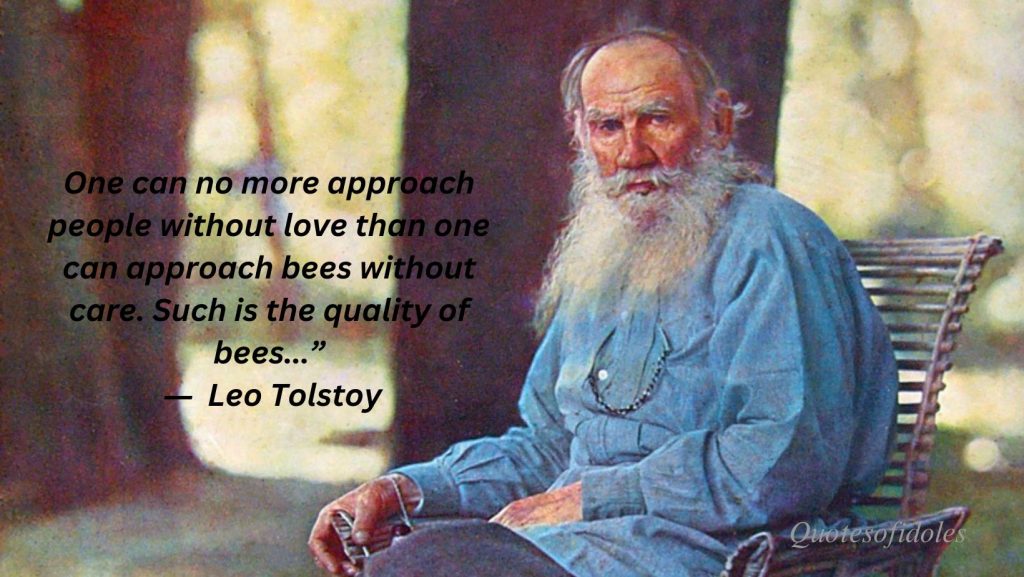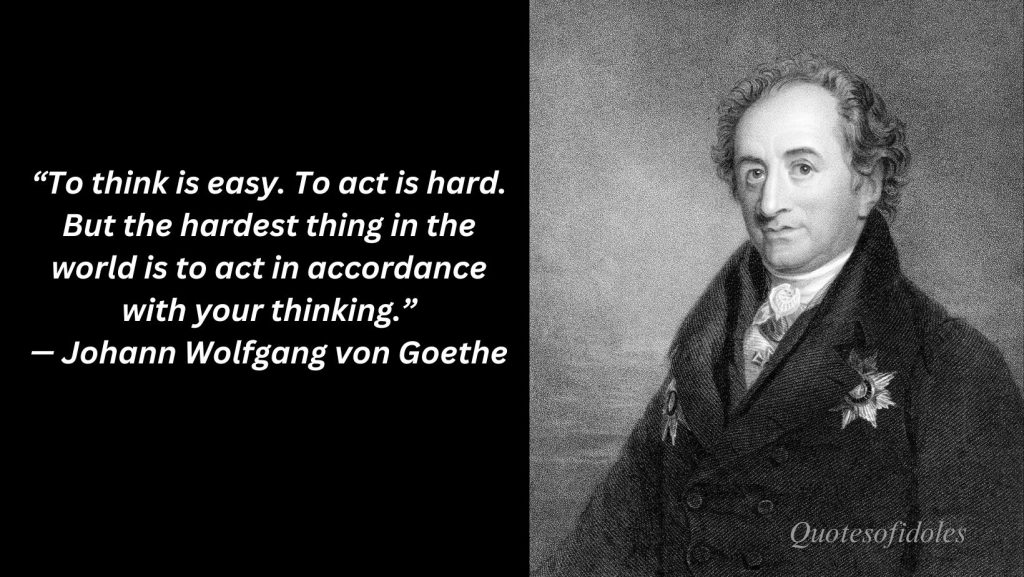Marie-Henri Beyle, better known by his pen name Stendhal, was a 19th-century French writer. Best known for the novels Le Rouge et le Noir and La Chartreuse de Parme, he is highly regarded for the acute analysis of his characters’ psychology and considered one of the early and foremost practitioners of realism.
Stendhal Quotes
1. “One can acquire everything in solitude except character.”
— Stendhal
2. “I love her beauty, but I fear her mind.”
— Stendhal
3. “Our true passions are selfish.”
— Stendhal
4. “If you don’t love me, it does not matter, anyway I can love for both of us.”
— Stendhal
5. “There are as many styles of beauty as there are visions of happiness.”
— Stendhal
6. “A novel is a mirror walking along a main road.”
— Stendhal
7. “Faith, I am no such fool; everyone for himself in this desert of selfishness which is called life.”
— Stendhal
8. “God’s only excuse is that he does not exist.”
— Stendhal
9. “Misery destroys judgment.”
— Stendhal
10. “La palabra fue dada al hombre para ocultar su pensamiento.”
— Stendhal
12. “A very small degree of hope is sufficient to cause the birth of love.”
— Stendhal
13. “I cannot provide the reality of events, I can only convey their shadow.”
— Stendhal
14. “It seems that my destiny is to die dreaming.”
— Stendhal
15. “The first instrument of a people’s genius is its language.”
— Stendhal
16. “Old age is nothing but the absence of madness, the loss of illusion and passion.”
— Stendhal
17. “There is nothing so beautiful, lovable and moving as the English countryside.”
— Stendhal
18. “Love is a beautiful flower, but we must be brave enough to pick her up from the edge of a precipice.”
— Stendhal
19. “The more one pleases everybody, the less one pleases profoundly.”
— Stendhal
20. “Nothing is so odious to the mediocre as mental superiority. There lies the source of hatred in the world of today.”
— Stendhal
21. “The lover thinks oftener of reaching his mistress than the husband thinks of guarding his wife; the prisoner thinks more often of escape than the jailer thinks of locking the doors. Therefore, in spite of every obstacle, the lover and the prisoner are certain to succeed.”
— Stendhal
22. “They can only touch the heart by bruising it.”
— Stendhal
23. “But, if I sample this pleasure so prudently and circumspectly, it will no longer be a pleasure.”
— Stendhal
24. “Your career will be a painful one. I divine something in you which offends the vulgar.”
— Stendhal
25. “An English traveller relates how he lived upon intimate terms with a tiger; he had reared it and used to play with it, but always kept a loaded pistol on the table.”
— Stendhal
26. “The boredom of married life inevitable destroys love, when love has preceded marriage.”
— Stendhal
27. “Nici nu ar fi numit iubire decat acel sentiment eroic ce se putea intalni in Franta lui Henric al III-lea si Bassompierre, sentiment care nu ceda in fata obstacolelor, ba, departe de asa ceva, dadea nastere unor lucruri marete.”
— Stendhal
28. “Punish me for my atrocious pride,” she said to him, squeezing him in her arms as though to strangle him; “you are my master, I am your slave, I must beg pardon upon my knees for having sought to rebel.” She slipped from his embrace to fall at his feet. “Yes, you are my master,” she said again, intoxicated with love and joy; “reign over me for ever, punish your slave severely when she seeks to rebel.”
— Stendhal
29. “Oh, if there were only a true religion. Fool that I am, I see a Gothic cathedral and venerable stained-glass windows, and my weak heart conjures up the priest to fit the scene. My soul would understand him, my soul has need of him. I only find a nincompoop with dirty hair.”
— Stendhal
30. “The great drawback of being witty is that you have to keep your eyes fixed on the semi-idiots around you, and absorb their worthless sensations.”
— Stendhal
31. “Courage was the fundamental quality in her character. Nothing was capable of giving her any excitement and of curing her of an ever-present tendency to boredom, but the idea that she was playing heads or tails with her whole existence.”
— Stendhal
32. “Julien felt himself to be strong and resolute like a man who sees clearly into his own heart.”
— Stendhal
33. “After moral poisoning, one requires physical remedies and a bottle of champagne.”
— Stendhal
34. “Indeed, man has two different beings inside him. What devil thought of that malicious touch?”
— Stendhal
35. “Ah, Sir, a novel is a mirror carried along a high road. At one moment it reflects to your vision the azure skies, at another the mire of the puddles at your feet. And the man who carries this mirror in his pack will be accused by you of being immoral! His mirror shews the mire, and you blame the mirror! Rather blame that high road upon which the puddle lies, still more the inspector of roads who allows the water to gather and the puddle to form.”
— Stendhal
36. “It was the destiny of Napoleon – would it one day be his?”
— Stendhal
37. “When one has just seen the woman one loves, the sight of every other woman damages the vision and physically hurts the eyes;.”
— Stendhal
38. “Exalted by a sentiment of which she was proud, and that overcame all her arrogance, she was reluctant to let a moment of her life go by without occupying it with some remarkable deed.”
— Stendhal
39. “What is this self, this I that I am? I know not. One fine day, I awoke to find myself upon this earth; I discovered my fate to be forever linked with a certain body, character, estate. Am I to spend all my days, then, ineffectually seeking to alter that which cannot be altered, and so, meanwhile, forget to live? Rather do I propose to accept myself as I am, humbly submitting to my own defects.”
— Stendhal
40. “The ordinary procedure of the nineteenth century is that when a powerful and noble personage encounters a man of feeling, he kills, exiles, imprisons or so humiliates him that the other, like a fool, dies of grief.”
— Stendhal
41. “These gentlemen, although of the highest nobility,′ thought Julien, ‘are not in the least boring like the people who come to dine with M. de La Mole; and I can see why,’ he added a moment later,’they are not ashamed to be indecent.”
— Stendhal
42. “Prestige! Sir, is it nothing? To be revered by fools, gaped at by children, envied by the rich and scorned by the wise.”
— Stendhal
43. “It seemed to Julian that there was far too much hair in his wig.”
— Stendhal
44. “Love of the head has doubtless more intelligence than true love, but it only has moments of enthusiasm. It knows itself too well, it sits in judgement on itself incessantly; far from distracting thought, it is made by sheer force of thought.”
— Stendhal
45. “Such are death, life, eternity- simple phenomena for those with organs of sense vast enough to comprehend them…”
— Stendhal
46. “Love born in the brain is more spirited, doubtless, than true love, but it has only flashes of enthusiasm; it knows itself too well, it criticizes itself incessantly; so far from banishing thought, it is itself reared only upon a structure of thought.”
— Stendhal
47. “Leave me with my life of the imagination. Your petty pestering, your details of real life, which all upset me to some degree, would drag me down from heaven. Each person dies as best he may; my wish is not to think of death except in my own way.”
— Stendhal
48. “In another moment she had torn herself from his arms, lighted the candle, and Julien had all the difficulty in the world in preventing her from cutting off all one side of her hair. “I wish to remind myself,” she told him, “that I am your servant: should my accursed pride ever make me forget it, show me these locks and say: “There is no question now of love, we are not concerned with the emotion that your heart may be feeling at this moment, you have sworn to obey, obey upon your honour.”
— Stendhal
49. “There’s one convenience about absolute power, that it sanctifies everything in the eyes of the people.”
— Stendhal
50. “What woman alive today would not be horrified to touch the head of her decapitated lover?’ Madame.”
— Stendhal
51. “Realitatea i se paru plata si murdara; e de inteles sa nu iti placa sa o privesti dar atunci nici nu iti este ingaduit sa o judeci.”
— Stendhal
52. “The presence of danger inspires a sensible man with genius, raising him, so to speak, above himself. In the case of the man of imagination, it inspires him with romances, which may indeed be bold, but which are frequently absurd.”
— Stendhal
53. “The highest rational achievement of the finest intellects consists in grasping that certain matters lie beyond their powers to grasp.”
— Stendhal
54. “True love makes the thought of death frequent, easy, without terrors; it merely becomes the standard of comparison, the price one would pay for many things.”
— Stendhal
55. “This man, whom great monarchies would have envied the prince of Parma, was known to have only one passion: of holding intimate conversations with great personages and currying favour by his buffoonery.”
— Stendhal
56. “I am mad, I am going under, I must follow the advice of a friend, and pay no heed to myself.”
— Stendhal
57. “The Duchess’s voice, and its tone, were as strange as her appearance. This tone, stripped of all passion, of all human concern, of all anger, made the Count turn pale; it reminded him of the demeanour of one of his friends who, some months earlier, on the point of death, and having already received the sacraments, had asked to see him.”
— Stendhal
58. “Together with his fiery soul, Julien possessed one of those stunning memories so often linked to stupidity.”
— Stendhal
59. “The pleasures of love are always in proportion to our fears.”
— Stendhal
60. “Puns are incompatible with murder.”
— Stendhal
61. “Thieves! Thieves!’ he was now shouting in French. In despair, not so much over the loss of his horse as over the betrayal, he collapsed at the edge of the ditch, exhausted and dreadfully hungry. If his lovely horse had been stolen from him by the enemy he would not have given it a second thought; but to be betrayed and robbed by that sergeant he liked so much and those hussars he thought of as his brothers! That was what broke his heart.”
— Stendhal
62. “All religions are founded on the fear of the many and the cleverness of the few.”
— Stendhal
63. “Now civilization has banished chance, there is no more of the unexpected. If it comes up in ideas there aren’t enough epigrams to throw at it; if it comes up in action no amount of cowardice is enough to cope with our fears.”
— Stendhal
64. “There are no longer any real passions in the nineteenth century: that’s why one is so bored in France. People commit acts of the greatest cruelty, but without any feeling of cruelty.”
— Stendhal
65. “The traveler who’s just climbed a steep mountain sits down at the top, and finds perfect pleasure in resting. Would he be as happy, if he were forced to do nothing but rest?”
— Stendhal
66. “The idea which tyrants find most useful is the idea of God.”
— Stendhal
67. “Ever since Napoleon’s fall, provincial manners rigidly suppress anything that smacked of gallantry. People are afraid of being dismissed from office.”
— Stendhal
68. “A good book is an event in my life.”
— Stendhal
69. “In a word, the very quality which made Julien into a superior being was precisely that which prevented him from savoring the happiness which was placed within his grasp.”
— Stendhal
70. “A novel is a mirror travelling down the road.”
— Stendhal
71. “Pleasure is often spoiled by describing it.”
— Stendhal

